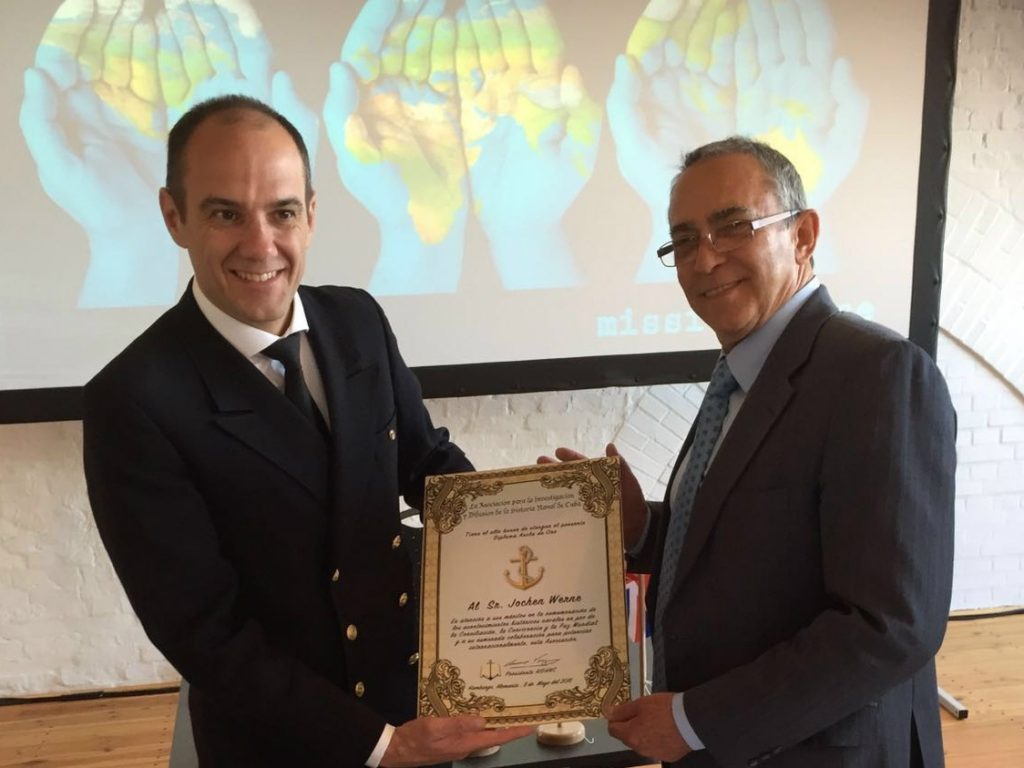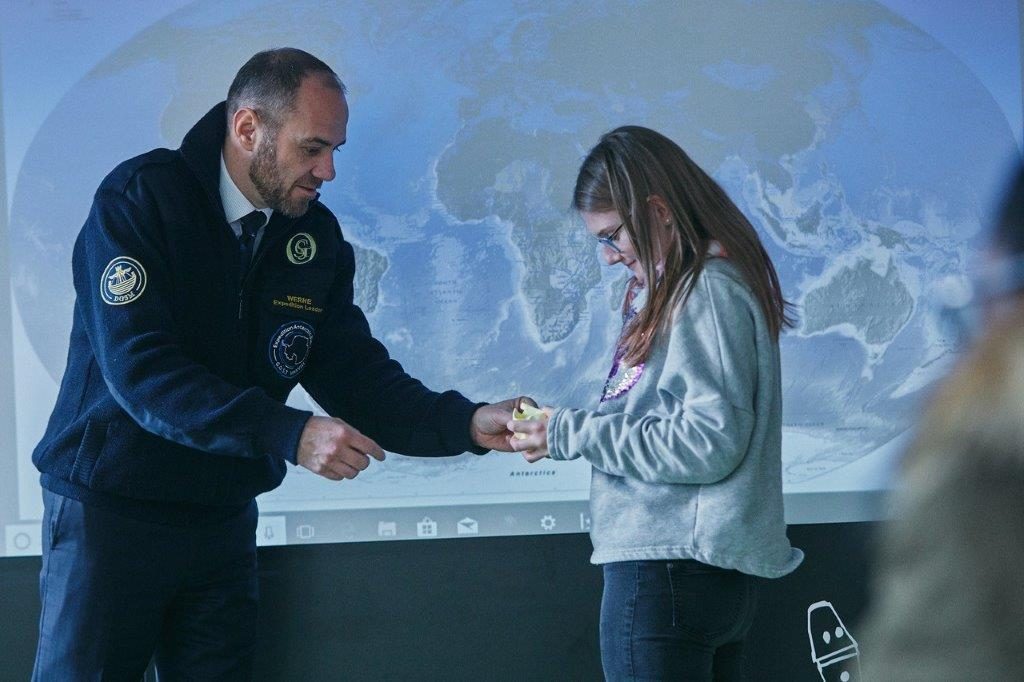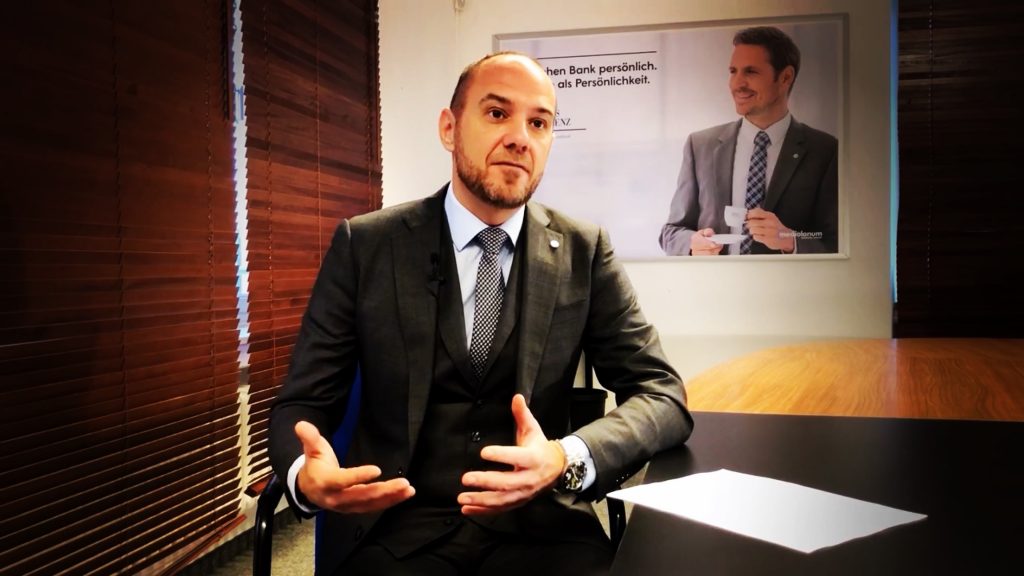Mind over Machine
Hot off the press: MIND over MACHINE "Delve into the future of innovation with my latest article, 'Mind over Machine: Mastering the Power of AI and Large Language Models for Business Success and Positive Social Impact.' Through the lens of history, we explore how transformative technologies like the printing press and the internet have reshaped our world, setting the stage for the next revolution: AI and Large Language Models (LLMs). Join me in uncovering the profound impact of LLMs across industries, the importance of ethical application, and the incredible potential for positive social change. This piece offers insights into harnessing the power of AI to not just drive business success but to forge a better future for our society. Ready to navigate the 'jagged technological frontier'? Let's embark on this journey together. #AI #Innovation #BusinessSuccess #PositiveImpact


























